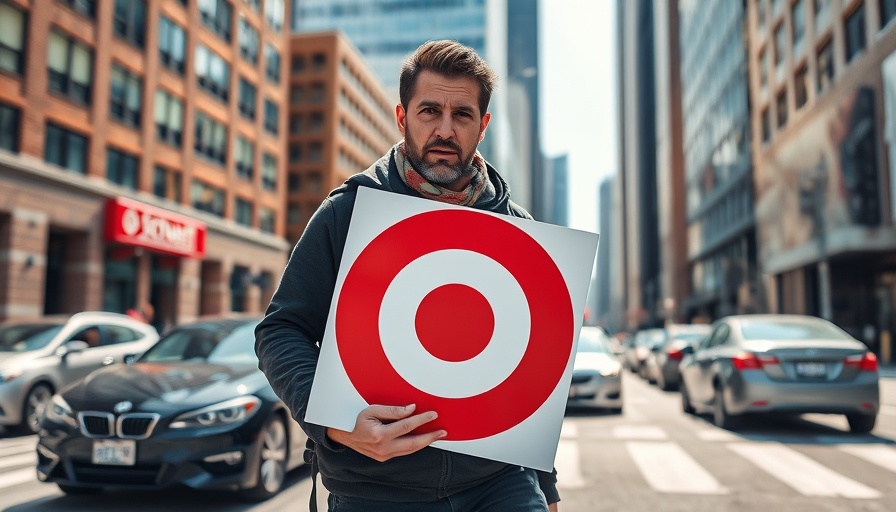
Organizers Steadfast in Target Boycott Amid Leadership Changes
The Target boycott, initiated in January 2025 by pro-DEI (Diversity, Equity, and Inclusion) advocates, signals a strong collective stand against perceived corporate failures regarding social commitments. Organizers, including key figures like Jaylani Hussein from the Minnesota chapter of the Council on American-Islamic Relations, assert that the boycott's endurance reflects a broader movement for accountability in corporate practices.
Impact of the Boycott on Store Traffic
According to Hussein, there has been a stark drop in customer foot traffic across nearly 2,000 Target stores since the boycott began, with evidence showing a consistent decline over the past 200 days. This substantial decrease emphasizes the impact grassroots movements can have on big corporations. While retail analysts indicate that Target has faced declining sales due to various operational issues, proponents of the boycott insist that the protests play a significant role in shaping public perception and consumer behavior.
Promises vs. Reality: A Corporate Disconnect
Despite the resignation announcement of outgoing CEO Brian Cornell and the planned succession of Michael Fiddelke, advocates assert that mere leadership changes won't suffice without a substantive cultural shift within Target. The advocates' frustration stems from what they see as broken promises over corporate commitments to DEI initiatives. The message from the DC Boycott Target Coalition is clear: the fight for corporate accountability will not wane until the company prioritizes its diversity goals over historical complacency.
Broader Implications for DEI Movements
This boycott represents a broader challenge to corporations, exemplifying how social justice advocates can mobilize to demand accountability. The revocation of DEI initiatives by Target, noticed by activists nationwide, has sparked confrontations not just with the company but across the retail sector. With allies like Rev. Al Sharpton and Rev. Jamal Bryant at the forefront, this movement reinforces the idea that consumers are keenly aware of corporate ethics and are willing to act to demand change.
As the boycott continues, it serves as a reminder of the power held by socially conscious consumers, especially as brands increasingly feel the pressure to uphold their values. The future of corporate DEI efforts may hinge on how responsive companies like Target are to these collective demands for change.
 Add Row
Add Row  Add
Add 




Write A Comment